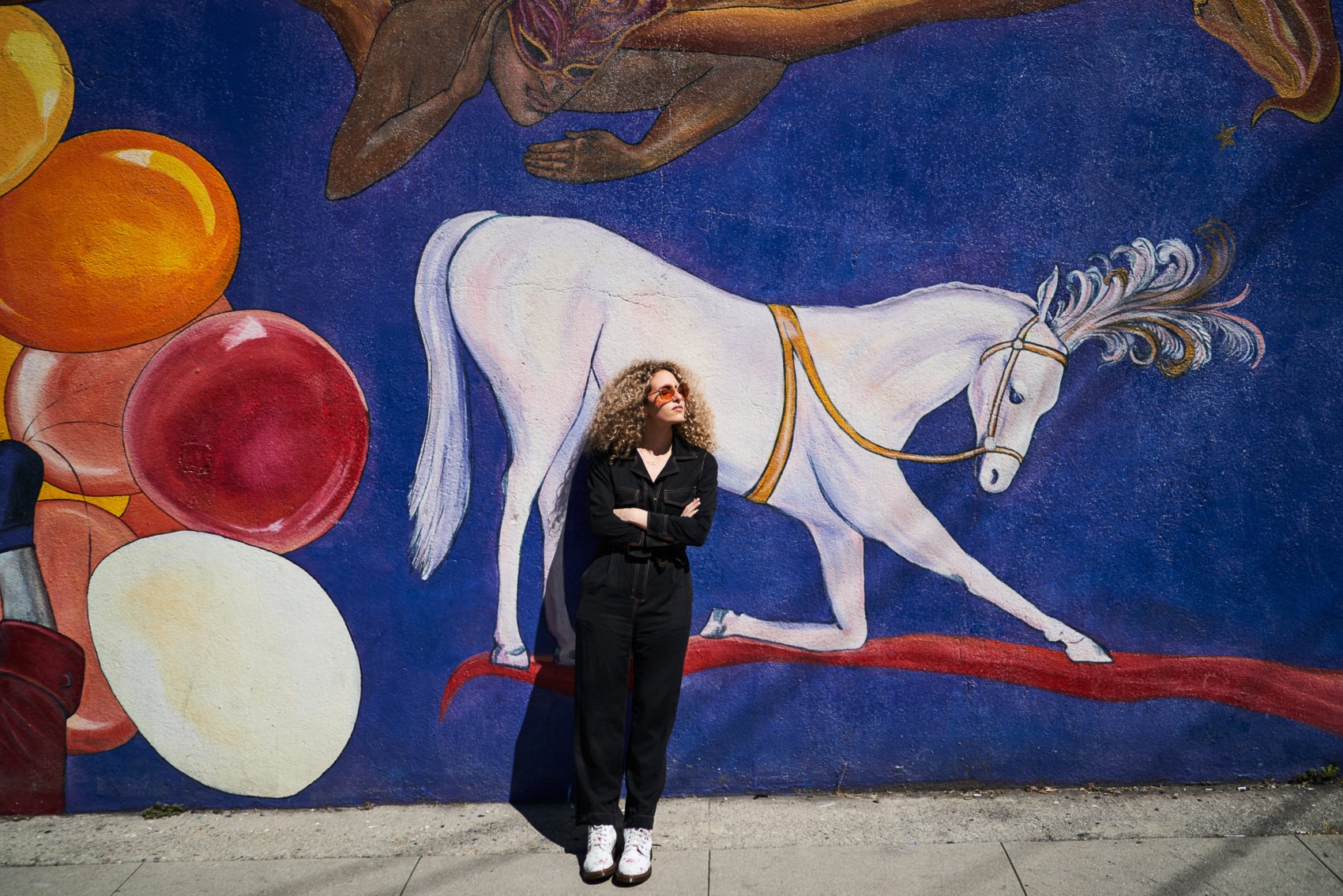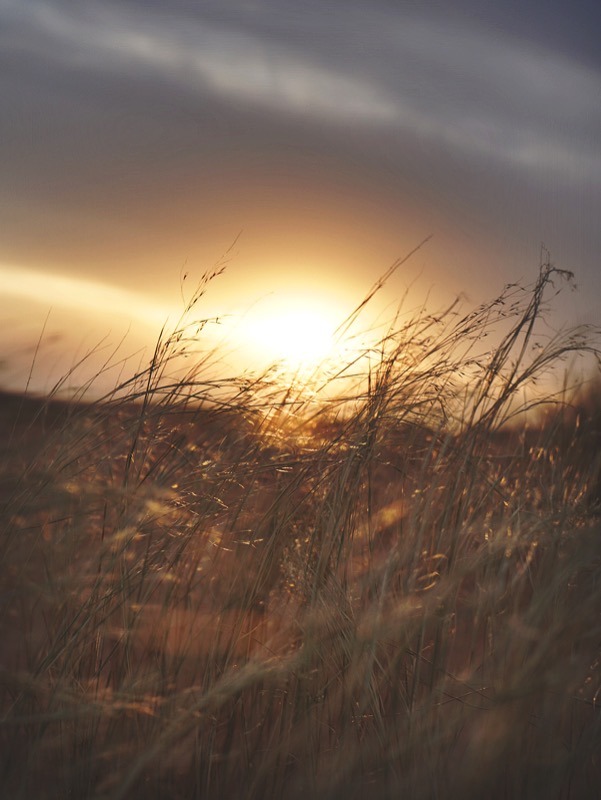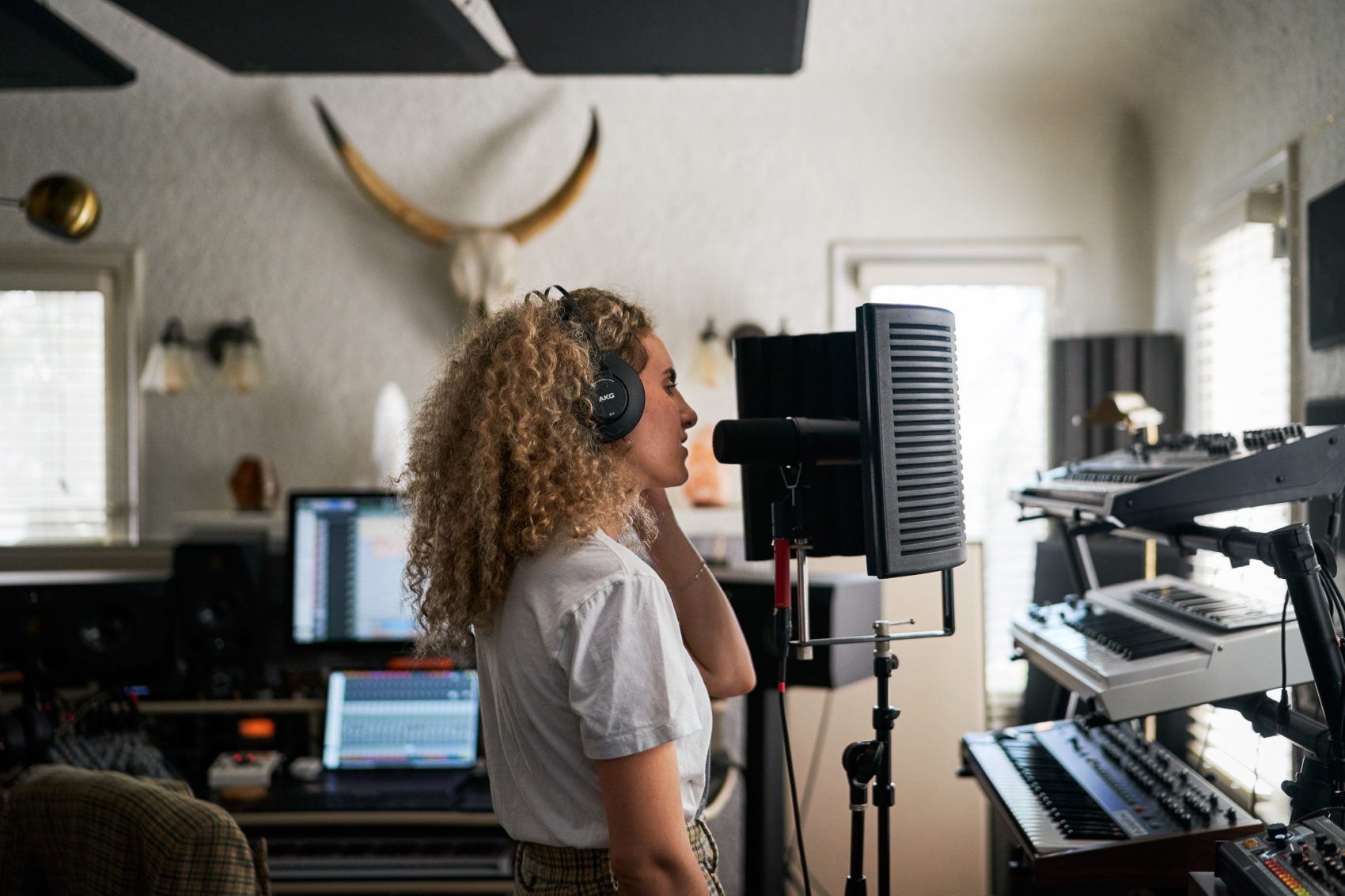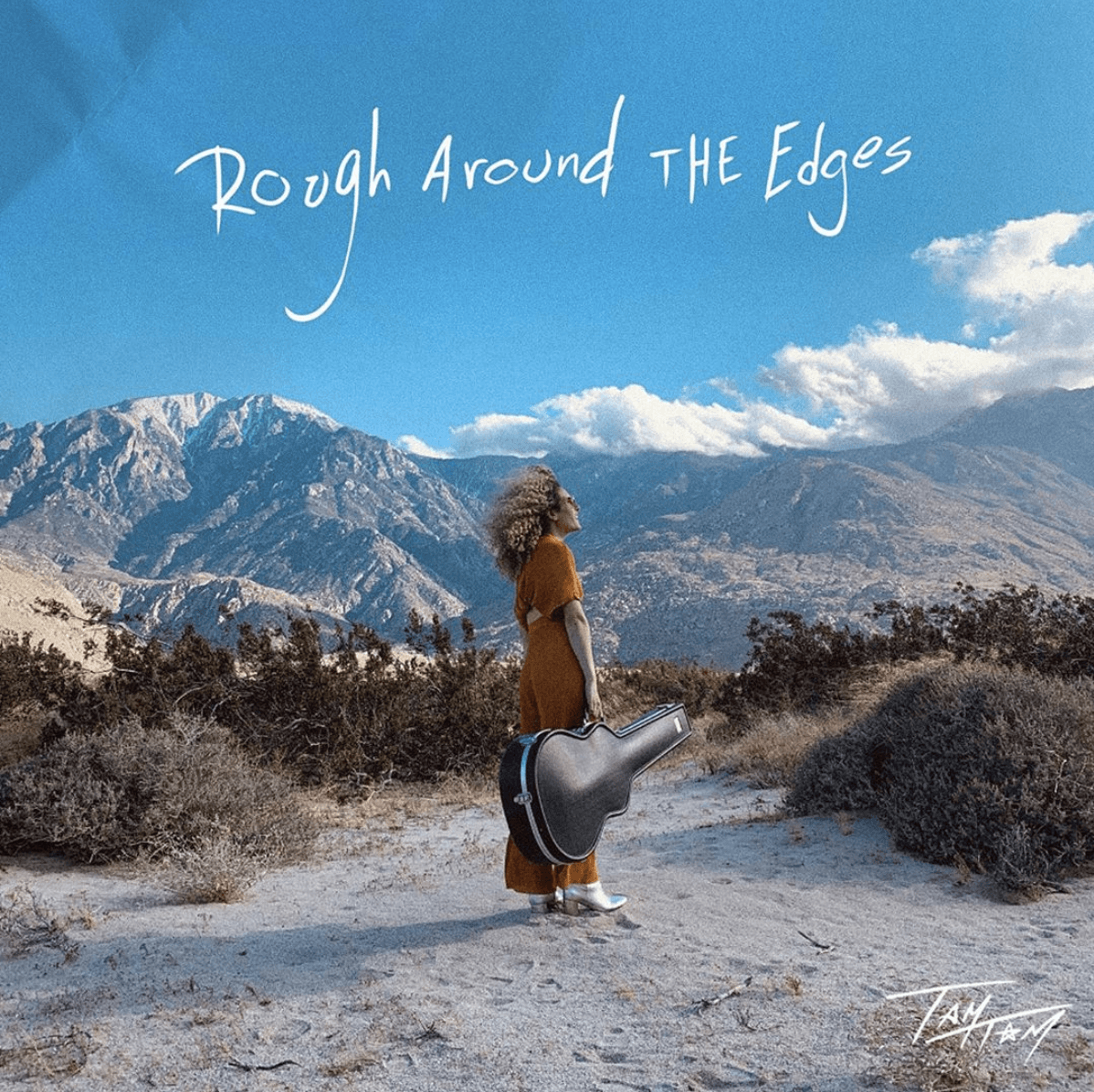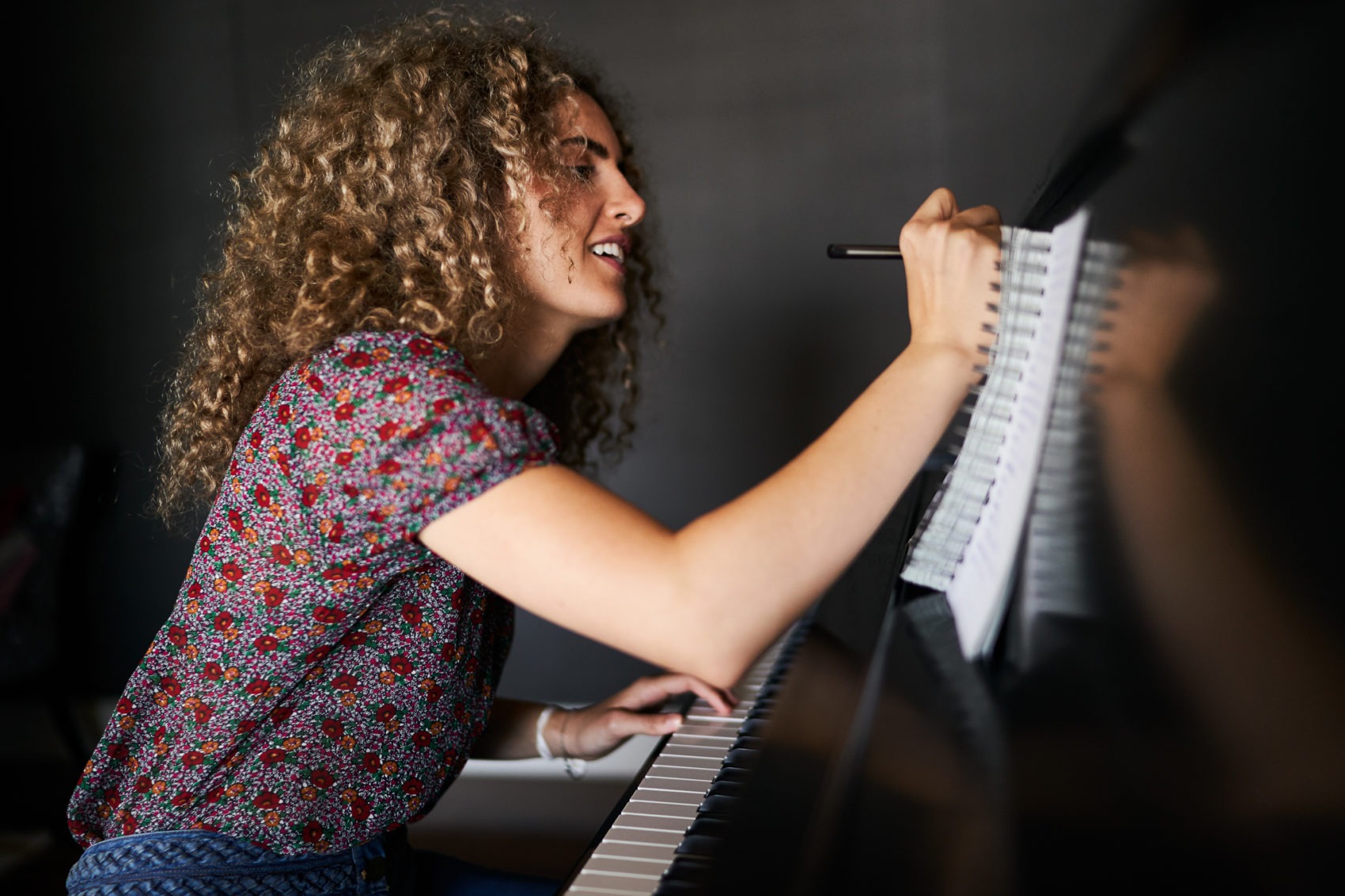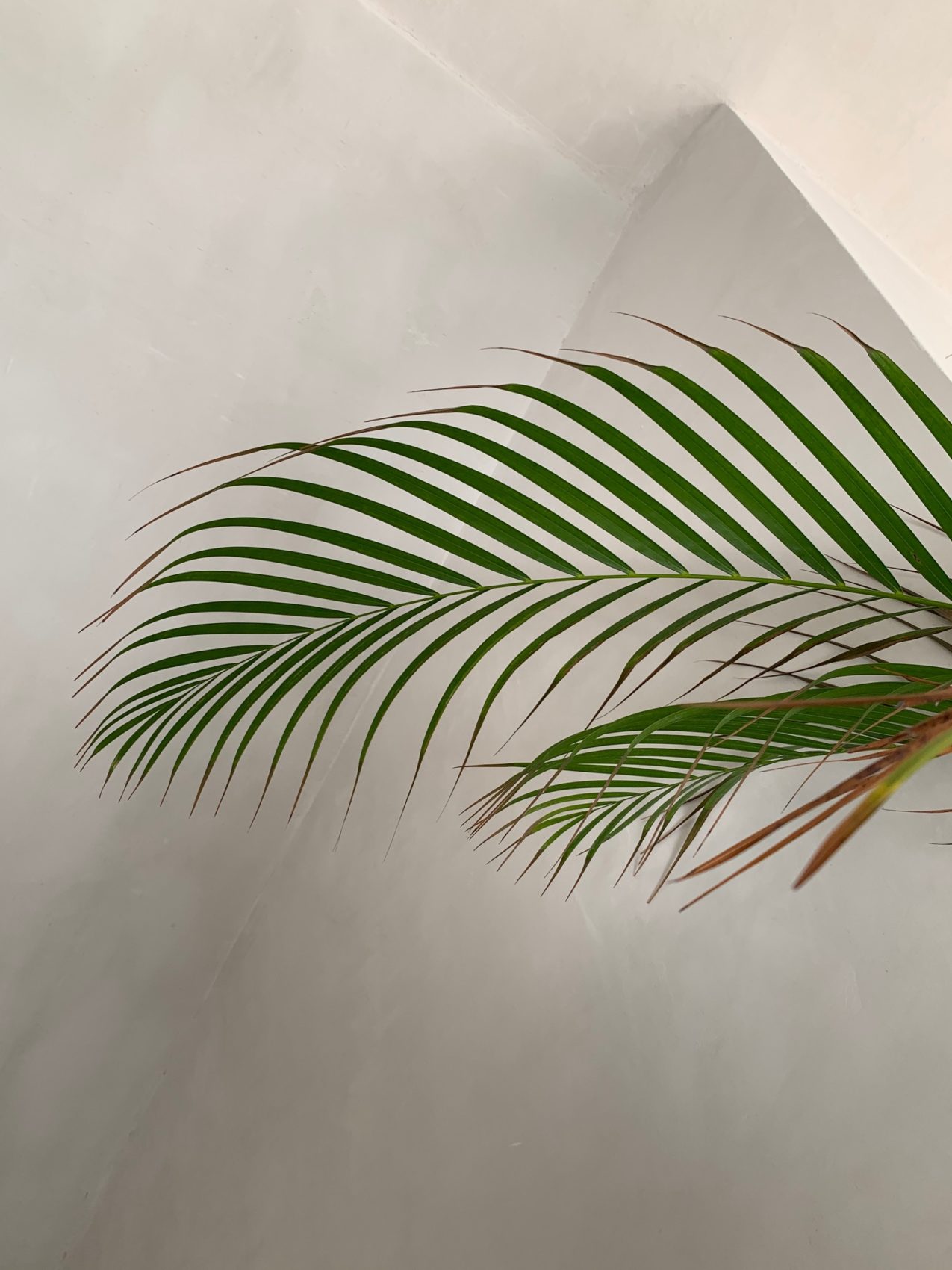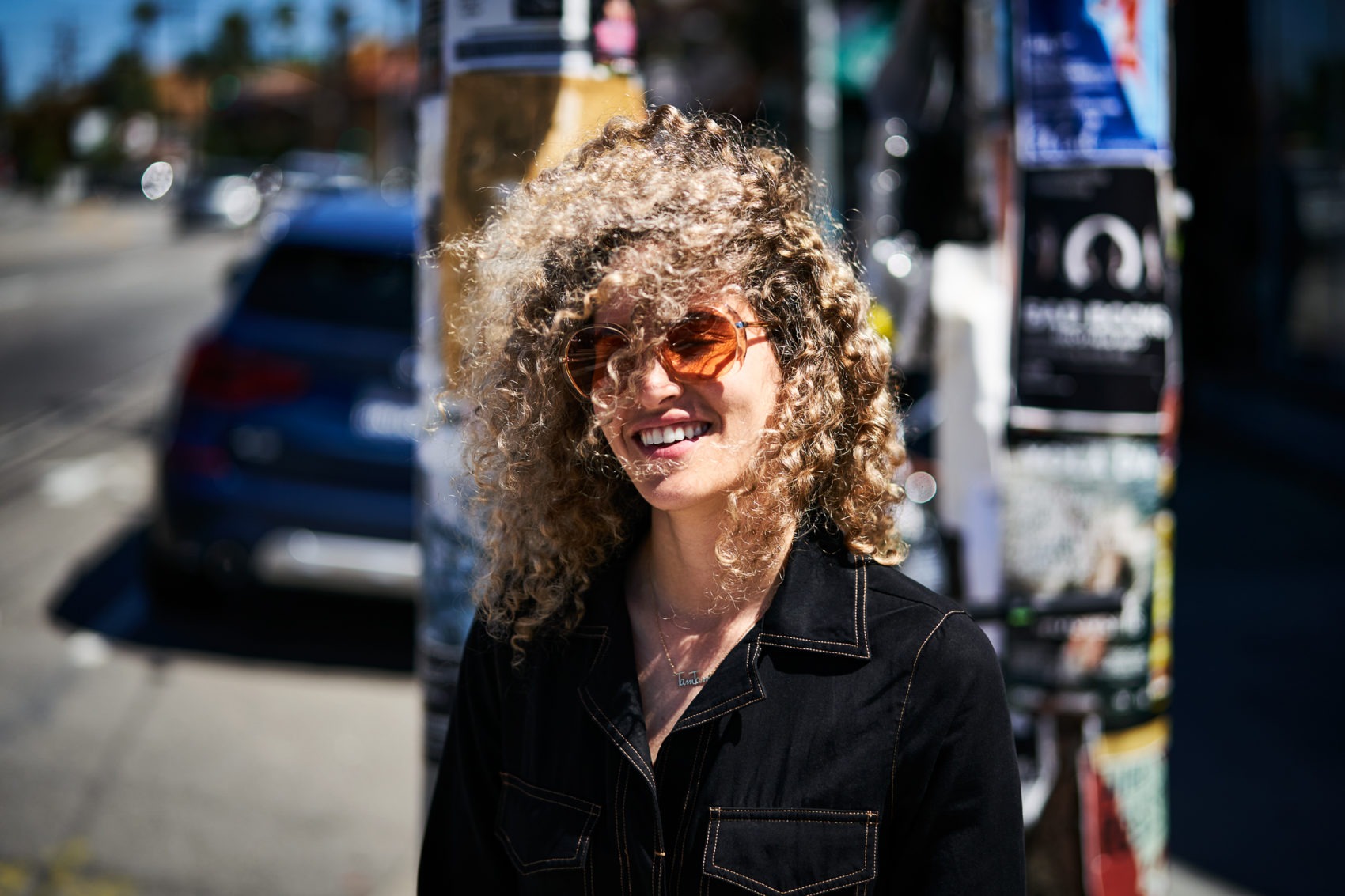Tamtam
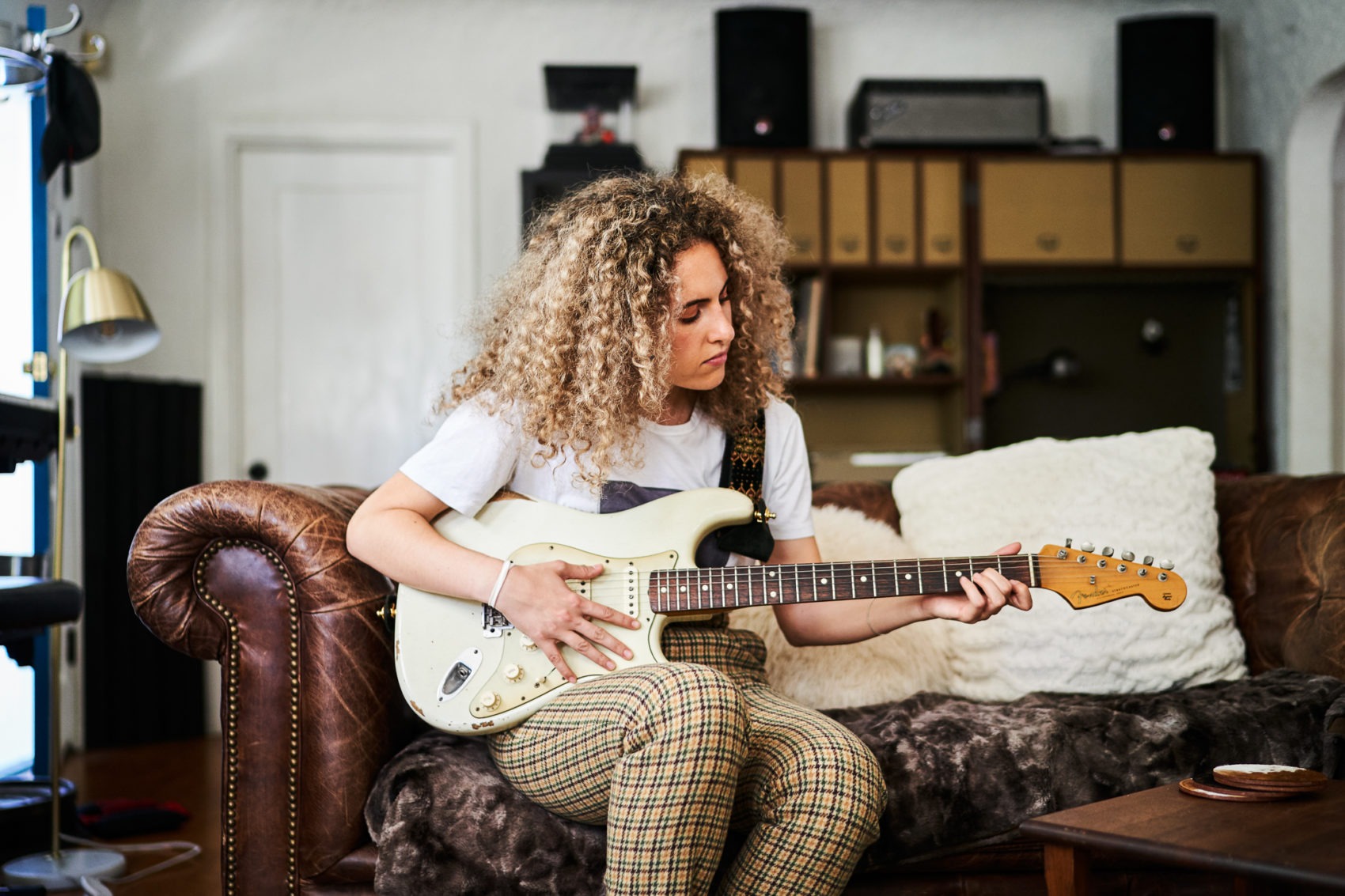
Saudi-born, Los Angeles-based singer-songwriter Tamtam has an important message for our modern world. Deriving lyrics from personal experience, her songs are an introspective exploration of culture and identity that reflects today's global yet divided landscape. Combining soulful vocals, a blend of blues, electro and pop, with powerful and progressive lyrics, Tamtam aims to dispel stereotypes and unite cultures across the globe through the universal language of music.
With the release of her latest EP, Rough Around the Edges, a record dedicated to independent artists that explores the themes of vulnerability and celebrating imperfection, Tamtam has entered a new phase in her musical journey. We sat down with the rising artist to discuss the early challenges in her career, the evolution and expression of identity, how both have shaped her music – and strengthened her message.
Tell us about your background and your upbringing. What was your life like growing up?
I grew up in Riyadh, Saudi Arabia as the youngest of five girls. My older sisters loved to boss me around, but there was no shortage of attention and love. I attended an all girls school in Saudi where I made lifelong friendships that I still keep today. Between attending an all girls school and growing up with four sisters, I was really shy in front of guys. Later, when I went to high school in the US, it took time to adjust to a co-ed environment.
I discovered my love of music during my childhood in Saudi – I would sing to my friends and read them lyrics I had written. Saudi was more conservative at the time, so I wasn’t sure if I would be able to pursue music as a full time career. My family saw my music as a hobby since they were in that mindset and environment as well.
What was your earliest memory of music?
My earliest memory is getting my first Britney Spears ‘baby one more time’ tape and listening to it nonstop! I was obsessed.
Was there a moment that peaked your interest in creating your own music and becoming a musician?
The moment I finally wrote a good song, I knew that I wanted to pursue a career as a musician. I had been writing since I was 12 or 13 years old, but never liked anything I wrote – I wasn’t satisfied. When I turned 17, I was spending some time in Riyadh for the summer and I wrote a song called ‘Little Girl’, which was later produced by Zahed Sultan and released during my first year in university. The entire creative process of turning an idea into a full song and directing a music video for it was incredible. I couldn’t get enough!
What were some of the early challenges that you faced at the beginning of your career?
The first challenge was being able to show my face to the world and publicly share my name due to the conservatism at the time. I was afraid of what people would say about me and my family, so I changed my name to ‘Tamtam’ and I didn’t show my face until I released my first EP ‘Gender Game’ after graduating from college and moving to Los Angeles. With my identity in the open, I realized that I had as much support as I had hate – maybe even more support – and that changed my entire perspective. One should never let other people’s opinions affect their lives and decisions. I know it’s easier said than done, but in the long run, it’s the path for the better.
The next challenge I faced was learning to navigate the music industry in Los Angeles. I didn’t know anyone in the music industry at the time, and to call it a competitive landscape would be an understatement. But there are a lot of people in this world and doing what you love is worth the time and the sacrifice; I learned that the secret is to practice patience and perseverance without expectations of an anticipated outcome. Work hard, let it flow and see how it goes.
How have those challenges helped shape your music / your perspective / you personally?
Those challenges completely changed the way that I see the world, and I’m so grateful for that. I learned about myself and how much I truly wanted to pursue music. I was willing to find an alternative route that still aligned with my beliefs and values, but I also learned to stop allowing other people’s beliefs and values influence my own decisions. I realized the importance of having connections in any business, but more importantly, to truly believe in yourself. Though everyone says, “believe in yourself,” they forget to tell you that truly believing means not questioning your own journey before arriving at your intended destination.
Describe the influence of geography in shaping your modern identity.
I went from my all girls school in Saudi Arabia – to a liberal high school in Ojai, California. Until my mid-teens, all of my friends were girls. In Ojai, I began to cultivate true friendships with people from different parts of the world.
Growing up in Saudi and being surrounded by girls with a similar upbringing helped to solidify my values. Islam is an important part of my life and will always be – I’m grateful for the environment that enabled these impressionable friendships.
Moving to Ojai and meeting people with a completely different perspective than mine changed the way I see the world. I learned so much about different religions and belief systems, and in turn they learned from me. I told them about my own upbringing and ways of life in Saudi Arabia because all they knew was from what they saw on TV. The most important lesson I learned is that with communication and an open mind, we can all get along no matter where we are from or what we believe.
LA taught me to be confident in myself, and not to doubt my identity just because I look a little different than the typical Saudi woman. Own who you are, don’t question it, and you won’t hear anyone else questioning it either.
A central theme of your music focuses on bridging this cultural divide between East and West. From your experience, what aspects or issues do you feel are the most often misunderstood?
There are so many things that are misunderstood between people from different countries and religions. The problem is not the misunderstanding – it’s the miscommunication. We don’t have to agree with one another or even understand each other. We never will! We all grew up in different ways, so how can we expect to have the same perspective and beliefs as another? We must understand our differences, and open our minds and hearts to communicate with everyone despite their views.
Tell us a bit about your latest album, Rough Around the Edges.
This EP is a bunch of music I had sitting on my computer waiting to be released. I love the songs on the EP, and I’m not sure what exactly was stopping me from releasing the music, the only way I can explain it is to say that it has to do with being an independent artist and not necessarily having a full team in charge of pushing the music through Marketing, promotion, PR, and more. One day when I was thinking about it, I realized that if I’m feeling this way, then so are so many other independent artists. So I decided to release the EP and create 1 minute promo videos for each song instead of a full music video, because as an independent artist, I had a tight budget and I wanted to show other independent artists that if there is a will, there’s a way. You can create your own strategy and plan. To summarize, this EP is dedicated to independent artists everywhere.
How did the songs come together? Tell us about the process.
Since moving to LA, I’ve had the pleasure of working with many different producers to record a lot of music. I don’t remember a time where I was not writing or creating or recording. These were a group of songs that I loved very much, and I was waiting for the ‘right time’ to release them. Some of the songs are about an agonizing love: “Second Guess Me,” “Freeze,” “Oceans,” and ”Beast.” “Sorry Man” is about not giving up, even if it feels like you are fighting against a force much bigger than you. “Dilemma” is about feeling like you’re from two different worlds, and having an identity crisis.
Where do you draw inspiration from? Where do you feel the most inspired?
I draw inspiration from my own experiences and what I see around me. Sometimes I see two people interacting with one another – they may be fighting or hugging, or just talking, and those little moments can inspire me, and take me into a deeper story that turns into a song. I feel the most inspired when I’m sitting at a piano, after I’ve heard or seen a touching story or movie.
What’s the most surprising or unexpected thing that you’ve learned about yourself through your own songwriting / music?
I’ve learned that my best songs come out when I don’t overthink. I also learned that I really enjoy writing songs with other writers and artists, I love collaborating. The songs I write have completely different vibes depending on what instrument I’m writing with: piano, guitar, a track, or a capella.
What advice would you give to other women who wish to use their voice and incite change or champion awareness for a cause.
My advice would be to write down everything you stand for, and then write down your passion and what you would love to see yourself doing every single day. Don’t be intimidated by the steps you have to take in order to get to do what you love, realize that those steps are already part of your journey to doing what you love, so in a way you would already be living your passion. Be genuine while on this journey and keep reading and writing what you stand for (because it may change from time to time as you grow). You will naturally see yourself doing what you love while standing for important causes that are close to your heart. Try not to overthink, be patient, and trust in the process no matter how long it may take. Don’t have expectations for how you are going to get there or what getting there is going to look like. Trust that God has your back. You are here, exactly where you are meant to be.
What attributes as a Saudi native are you most proud of?
I’m proud to come from a country that really values their culture and history. And where the people are so welcoming and kind. If you go into someone’s home in Saudi, you will feel like royalty. That’s just how Saudis are – they’re always giving and kind. With the emergence of tourism in Saudi Arabia, we can finally share some of our culture with the world.
How do you think things are changing for women in Saudi Arabia?
So many ways! Women can drive, and travel without the consent of a parent or guardian, they can pursue any career they want to. They have the support of other women and men. It’s so great to see all the positive changes that are happening. Most importantly, with all these changes, I see more women feeling free, and that’s a feeling everyone in the world should be able to achieve everyday. We are blessed to be seeing Saudi Arabia evolving, and this is only the beginning, inshallah.
What would your dream be to do if you knew that you could not fail?
Definitely music, and I would also love to do some more acting. I’m so lucky to be doing what I love, and I can’t wait to see what happens next! For now, I plan to live in the moment and enjoy the ride.
Hero Image by Sebastian Boettcher
"With communication and an open mind, we can all get along no matter where we are from or what we believe."
